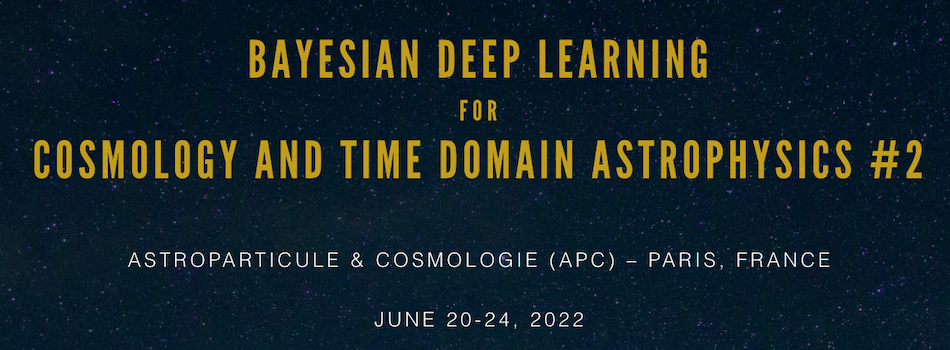Orateur
Description
The Laser Interferometer Space Antenna (LISA) is an ESA mission for a future space-based Gravitational Wave detector. Work is currently underway on establishing a ground segment data processing and data analysis pipelines, from the raw instrumental data to astrophysical catalogs. A central part of this are the LISA Data Challenges (LDCs), which consist of simulated LISA data to be analyzed by the participants. Over time, more realistic, complicated challenges will be released, incentivizing the development of new algorithms.
Among the different sources expected to be found by LISA, one of the main ones are the coalescence of Massive Black Hole Binaries (MBHBs). Their Signal to Noise Ratio (SNR) is expected to be very large, making their detection relatively easy, but the parameters that describe them can be confused, resulting in a multimodal posterior.
Parameter estimation of these sources is typically done with Bayesian sampling methods, like Parallel Tempered Markov Chain Monte Carlo (PTMCMC). These are generally reliable, but very computationally expensive as they require many forward simulations to produce samples and compute the likelihood function. We are looking to approach the problem by using Likelihood-Free Inference (LFI) methods to estimate the posterior distribution. In this poster we describe our current efforts in this project, which is still in its early stages, and future plans.

